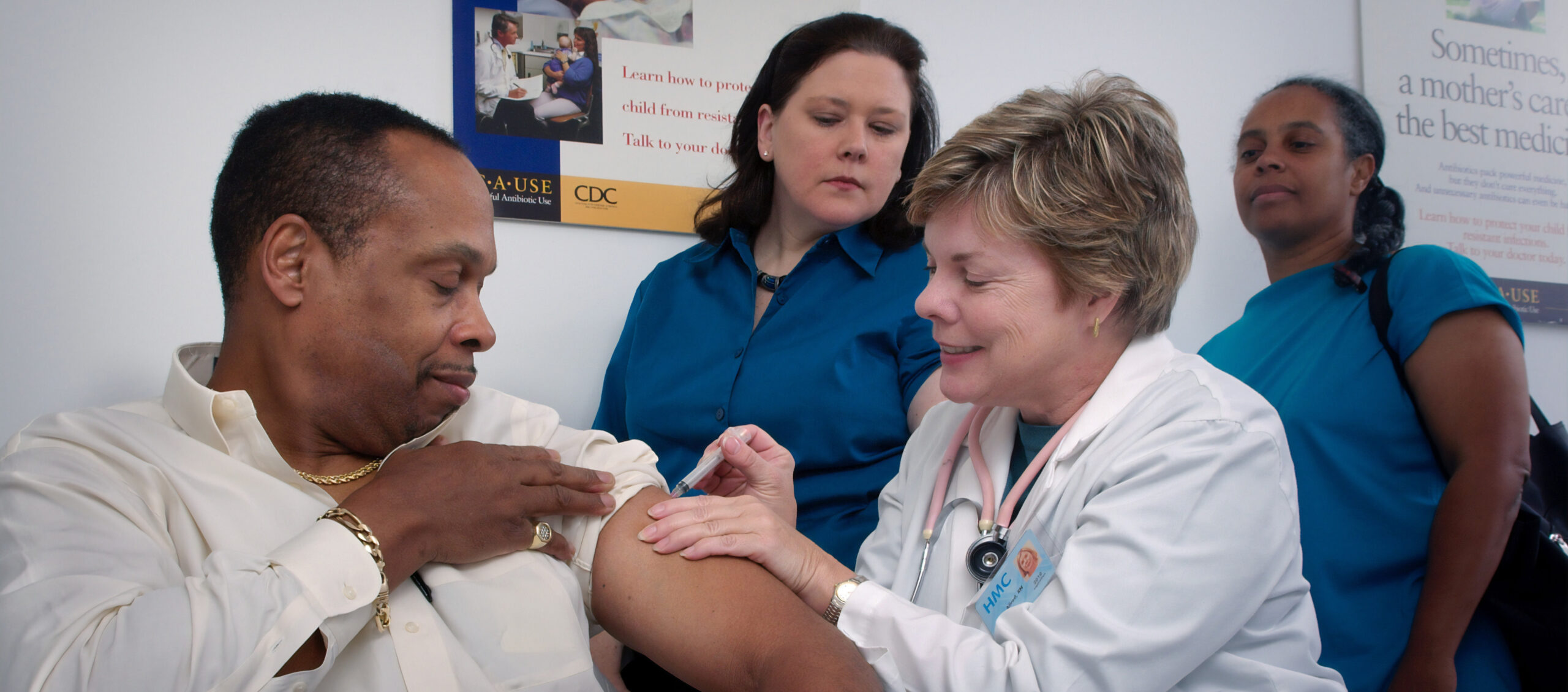We Need for Congress to Pass the LIFT the BAR Act
THE TORCH: CONTENTSBy Katherine Lundie
SEPTEMBER 9, 2021
In the coming months, Congress will have the opportunity to rectify a decades-old injustice and take a big step toward achieving racial equity by passing the LIFT the BAR Act (full name: Lifting Immigrant Families through Benefits Access Restoration Act of 2021).
Twenty-five years ago, Congress radically transformed U.S. immigration and public assistance laws for the worse. Swayed by racist stereotyping of immigrants and low-income communities, Republicans and a majority of Democrats in Congress passed a “welfare reform” law called the Personal Responsibility and Work Opportunity Reconciliation Act of 1996 (PRWORA). PRWORA replaced the former safety-net program that served families with children and imposed new restrictions on program eligibility. The law also imposed severe restrictions on immigrants’ eligibility for public benefits, including a five-year ban on receiving major federal benefits for most “qualified“ immigrants.
Thanks to decades of leadership by immigrants and allies, states and localities have stepped in to address the well-being of low-income immigrants — but much more needs to be done. Our communities are healthier and stronger when all of us have access to services that meet our basic needs, and immigrants are essential in our collective efforts to fight and recover from the COVID-19 pandemic.
That’s why we need Congress to pass the LIFT the BAR Act.
The legacy of the 1996 welfare law and Trump administration policies
Together with punitive changes to immigration law that also were enacted in 1996, PRWORA engendered confusion and fear among immigrants and their U.S. citizen family members. Participation in public benefits programs dropped dramatically after PRWORA was enacted, causing serious hardship for many low-income families who were ineligible for public programs because of their immigration status. PRWORA did more to create overall dysfunction in benefits access than to alleviate poverty. Decades later, the Trump administration invoked this law in defending its revision of rules regarding “public charge,” which threatened the health and well-being of low-income immigrants and their family members and undermined their ability to succeed.
The Trump administration spared no effort to chip away at immigrants’ access to health and economic supports. When crafting federal policy, it borrowed heavily from the racist, xenophobic, and classist tropes from the 1990s to promote fear-based policies like its 2019 public charge rule. Even though the rule is no longer in effect, many immigrant families still hesitate to enroll in critical health care, job-training, nutrition, and cash assistance programs due in part to fear and confusion created by the rule. Between 2018 and 2019, participation in the Supplemental Nutrition Assistance Program (SNAP) dropped by 22.5 percent — that is, by more than 718,000 children — among U.S. citizen children in households that include a non–U.S. citizen. Studies also show that the Trump administration’s public charge rule likely caused 2.1 million essential workers and household members to forgo Medicaid.
It’s time to remedy past mistakes and restore and expand access to essential services
The LIFT the BAR Act takes critical steps toward advancing equity in access to federal assistance at a time when many communities desperately need it. The COVID-19 pandemic has affected almost every facet of American life, and the immigrant community has been disproportionately harmed by the virus’s health and economic impacts. The bill would eliminate the five-year bar and other restrictions on immigrants’ access to federal means-tested benefit programs — such as Medicaid, SNAP, Temporary Assistance for Needy Families (TANF), and Supplemental Security Income (SSI).
The bill would restore access to these and other federal public benefit programs for all lawfully present immigrants, including people with Deferred Action for Childhood Arrivals (DACA) or temporary protected status (TPS), and people with other statuses that exclude them from eligibility. It removes barriers to enrollment related to immigrants’ sponsors. And it offers states and localities more flexibility to use their own funds to provide benefits to otherwise ineligible immigrants. More information is available in this NILC factsheet, and the Protecting Immigrant Families Campaign has created a resource page about the bill.
If passed, the bill will be a welcome source of relief for state policymakers who already have demonstrated their commitment to support their immigrant residents. Since 1996, many state governments have used their limited budgets to make programs more inclusive — in many cases regardless of their residents’ immigration status. Illinois became the first state in the nation to provide public health coverage to all low-income immigrant seniors over the age of 65, regardless of their immigration status. California passed a law that will extend health coverage to low-income adults, ages 50 and over. In Virginia, legislators removed the 10-year work requirement, also known as the “40 quarter rule,” that severely restricted immigrant residents’ eligibility for Medicaid. While the LIFT the BAR Act would restore access to federal benefits for lawfully present immigrants, it also would allow states and localities to shift resources to offer essential care to their community members regardless of their immigration status.
The nation’s public health and economic recovery depends on ensuring that all members of our communities have access to health coverage and assistance. The legacy of PRWORA and the Trump administration’s animus toward immigrants exposed the flaws in public assistance programs and weakened the country’s ability to respond to the largest public health crisis in over a century. Congress now has an opportunity to address some of our country’s entrenched racial, wealth, and health disparities and to forge a path to economic security and improved health outcomes. Our country should be one in which everyone has access to the support they need to thrive. It’s time to pass the LIFT the BAR Act.
Katherine Lundie is a NILC state and local policy analyst.






